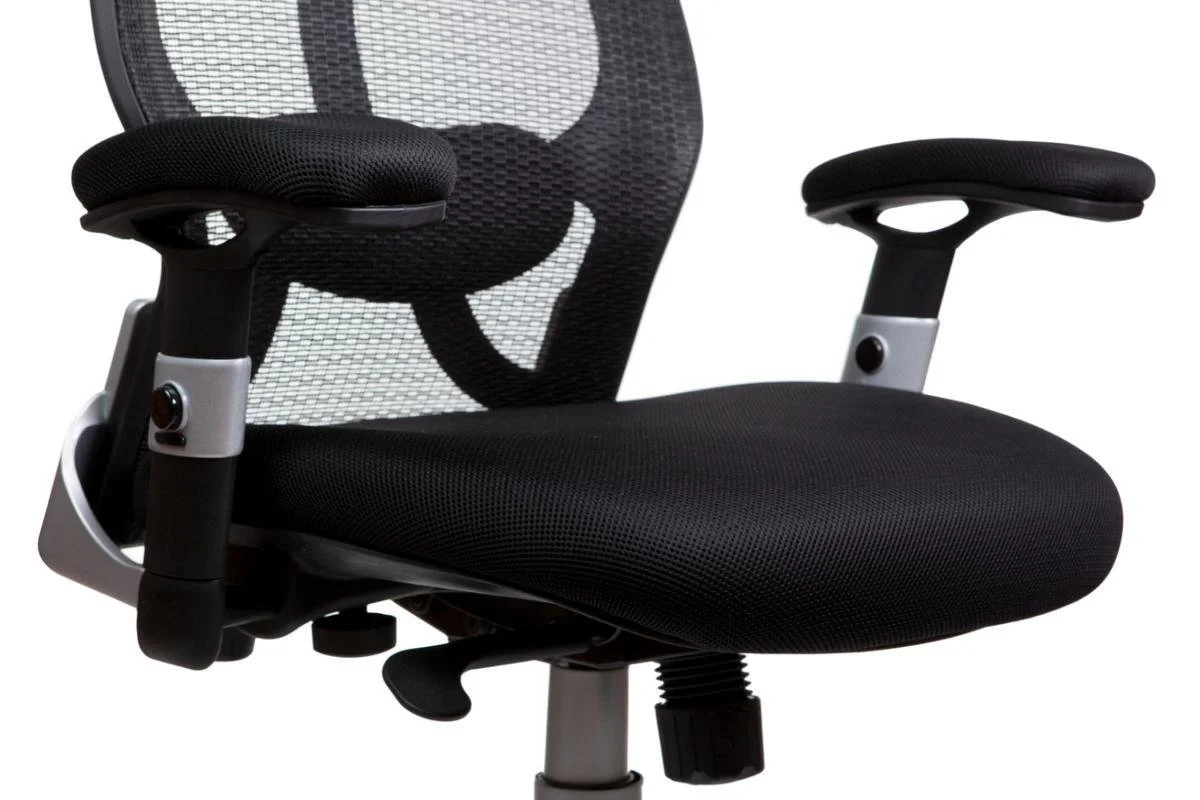Did USPS Discriminate by Demoting a Chinese American Postmaster and Replacing Her With a White Man?
/In Lui v. DeJoy, the Ninth Circuit considered whether a demotion, followed by replacement with someone outside the employee’s protected class, can create an inference of discrimination strong enough to survive summary judgment. The court held that it can. The decision also highlights a second, equally important theme: when an employer relies on an internal investigation to justify a major employment action, that investigation must be genuinely independent and thorough. A thin paper review can fall short, especially when red flags suggest bias may have fueled the complaints.
Case: Lui v. Louis DeJoy, Postmaster General of USPS
Court: United States Court of Appeals for the Ninth Circuit (appeal from U.S. District Court, Western District of Washington)
Case No.: 23-35378 (D.C. No. 3:21-cv-05030BHS-TLF)
The Plaintiff: Lui v. DeJoy
Dawn Lui is the plaintiff in this case. She is a woman of Chinese ethnicity who worked for the United States Postal Service for decades and was promoted to Postmaster of the Shelton, Washington Post Office in 2014. Lui alleged that after her promotion, she became the target of false complaints tied to her sex, race, and national origin, and that those complaints were used as the groundwork for discipline and a demotion that reduced her pay.
Who Are the Defendants in the Case?
The defendant is Louis DeJoy, USPS Postmaster General. USPS is the federal employer involved in the employment decisions challenged in this lawsuit. In practical terms, the case focuses on USPS management’s handling of complaints against Lui, the decision-making process that led to her demotion, and the internal review later used to uphold that demotion.
A Brief History of the Lui v. DeJoy Case
Lui has worked for USPS since 1992 and rose through the ranks, becoming Postmaster in Shelton in 2014. She later alleged she was targeted by false or biased complaints. According to the case summary you provided, her supervisor raised concerns about the legitimacy and motivation behind the accusations and refused to approve a demotion because he believed the allegations were false. USPS replaced that supervisor with a manager who approved the demotion, and Lui was then replaced by a white man.
After her demotion, Lui pursued an internal appeal. A Tacoma Postmaster, Karen Bacon, reviewed the matter and affirmed the demotion. Lui then filed suit alleging a hostile work environment, discrimination based on multiple protected characteristics, and retaliation. The district court granted summary judgment to the USPS on all claims. On appeal, the Ninth Circuit reversed the summary judgment ruling as to Lui’s disparate treatment discrimination claim, allowing that claim to proceed.
The Main Question in the Case
When an employee in a protected class is demoted and replaced by someone outside their protected class, does that combination support an inference of discrimination? And is that inference of discrimination sufficient enough to establish a prima facie case and defeat summary judgment?
The Allegations and Key Evidence Discussed on Appeal: Lui v. DeJoy
The case summary describes several key facts and disputes that shaped the appellate ruling:
1. Targeting through complaints after promotion: Lui alleged that after she became Postmaster, she faced false complaints and hostile treatment tied to her sex, race, and national origin.
2. Management concerns about biased discipline: Lui’s supervisor reportedly believed the allegations against her were false and raised concerns that the complaints may have been motivated by racial animus, refusing to carry out a demotion based on those accusations.
3. Demotion approved after leadership change: USPS replaced Lui’s supervisor with a manager who approved the demotion. Lui’s demotion came with reduced pay, making it an adverse employment action.
4. Replacement by a white male: After the demotion, USPS appointed a white male to the Postmaster position. The Ninth Circuit treated this fact as central to whether Lui met the “replacement outside the protected class” element of the prima facie discrimination framework.
5. Internal appeal investigation relied on a limited review: Lui challenged the demotion internally. The internal review described in the summary consisted largely of a documentary review of the demotion decision and written complaints, without live interviews or independent probing into the credibility or bias concerns raised.
The Ninth Circuit’s Ruling: Why Summary Judgment Was Reversed on Disparate Treatment
1) Demotion plus replacement created an inference of discrimination
The Ninth Circuit held that Lui satisfied the “inference of discrimination” requirement for a prima facie case by showing two things: she was demoted and replaced by someone outside her protected class. The parties disputed that fourth element, but the court made clear that replacement by someone outside the protected class is enough to satisfy it at the prima facie stage.
2) A thin investigation did not establish a legitimate, nondiscriminatory reason
The Ninth Circuit also focused on the quality and independence of USPS’s investigation and review process. The court noted the investigation relied on paper, not people: no live testimony, no meetings with the complaining employees, and reliance on written complaints even after concerns were raised that the complaints were motivated by bias. Under those circumstances, the court concluded that USPS did not meet its burden to show the demotion was supported by a legitimate, nondiscriminatory reason and was made through an independent decision-making process.
FAQ: Lui v. DeJoy
Q: What is “disparate treatment” discrimination?
A: Disparate treatment generally refers to intentional discrimination, where an employee alleges they were treated worse than others because of a protected characteristic such as race, sex, or national origin.
Q: What does an employee usually have to show to start a prima facie discrimination case?
A: Typically, the employee must show they are in a protected class, were qualified, suffered an adverse employment action, and were replaced by or treated less favorably than someone outside the protected class.
Q: Why did it matter that Lui was replaced by a white man?
A: The Ninth Circuit treated that fact as sufficient to create an “inference of discrimination” for the “replacement outside the protected class” element at the prima facie stage.
Q: Why did the investigation process matter so much here?
A: Because USPS relied on the investigation and internal review to justify the demotion. The court found the process lacked depth and independence, undermining the argument that a legitimate, nondiscriminatory reason supported the demotion.
Q: Did the Ninth Circuit rule that USPS discriminated?
A: No. The court ruled that summary judgment should not have been granted against Lui on her disparate treatment claim, meaning the claim could proceed rather than being dismissed early.
Talk to an employment lawyer about workplace retaliation and discrimination.
If you believe you were demoted, terminated, or otherwise punished because of your race, national origin, sex, or another protected characteristic, or if your employer brushed off discrimination concerns with a shallow investigation, the employment law attorneys at Blumenthal Nordrehaug Bhowmik De Blouw LLP can help. Contact one of our offices in Los Angeles, San Francisco, San Diego, Sacramento, Riverside, or Chicago today to learn how to hold your employer accountable.










